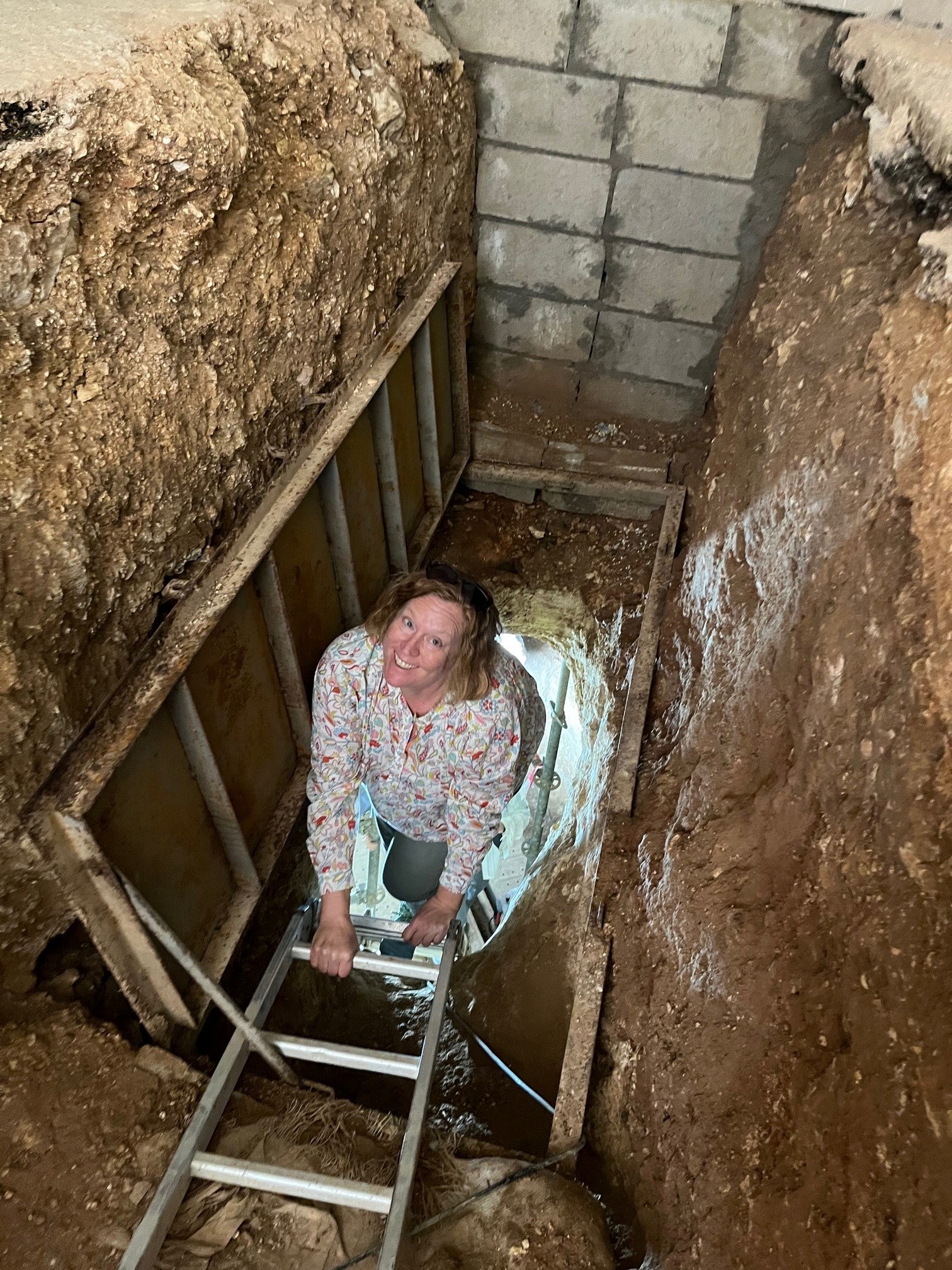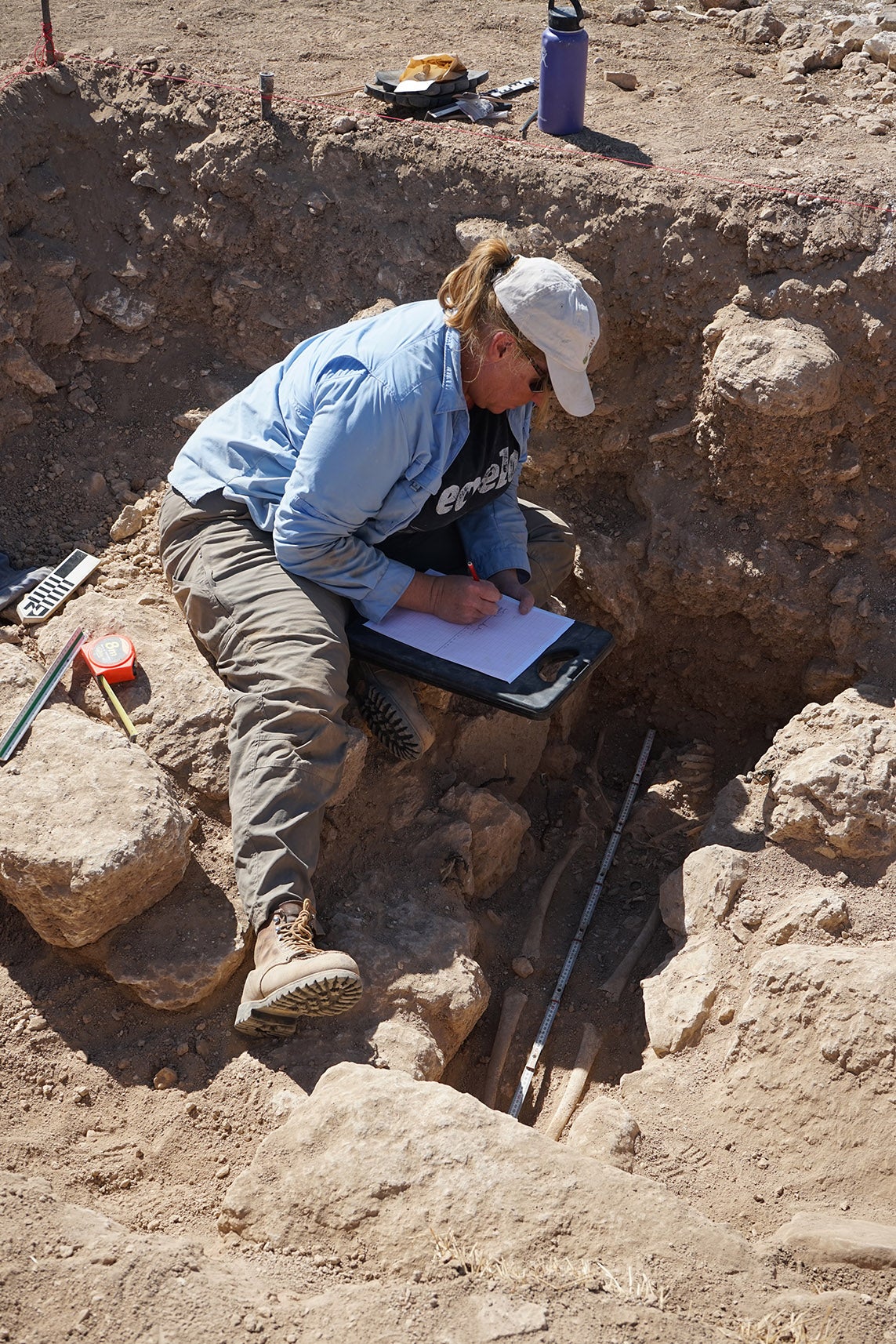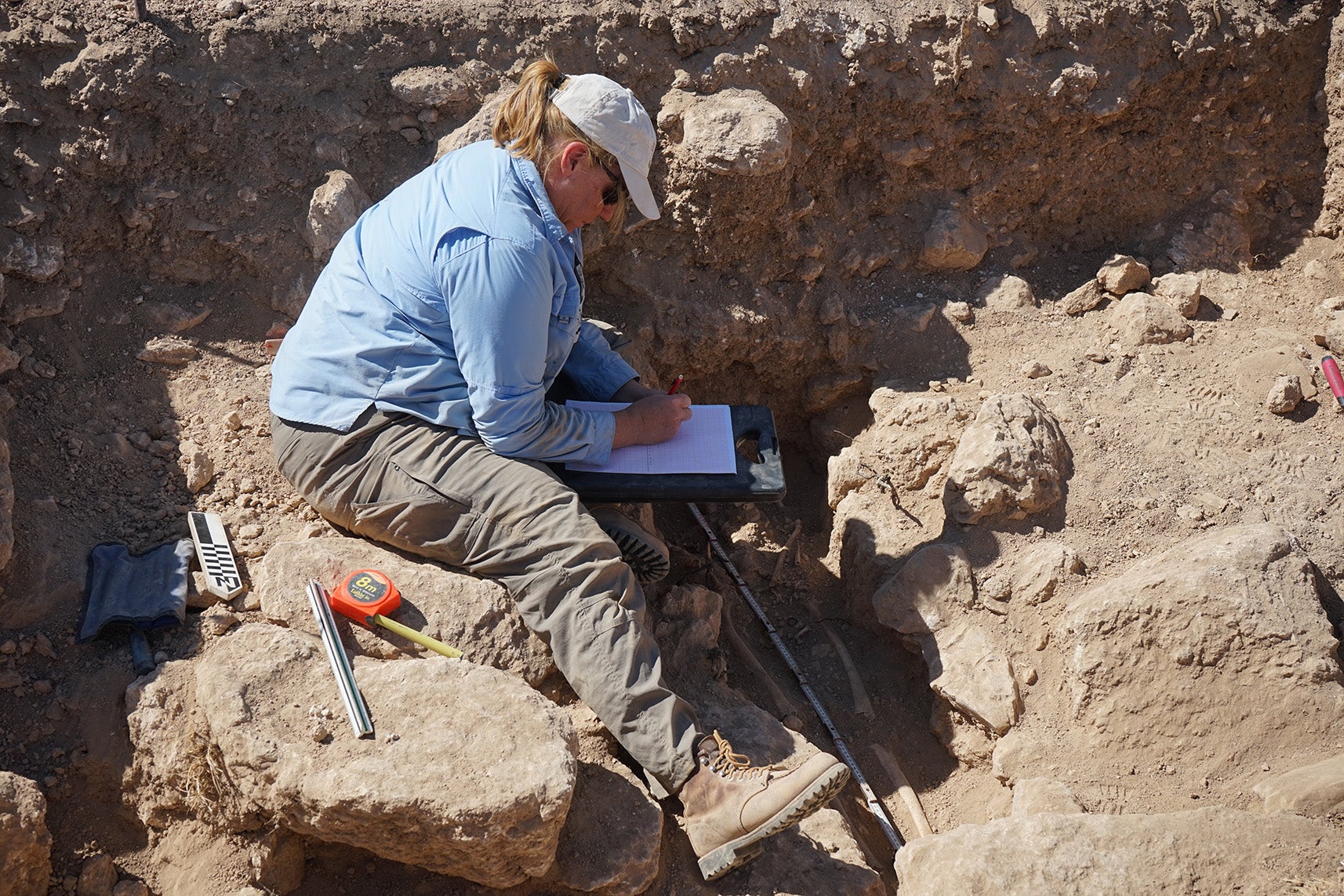ECU researcher examines climate change impacts on diverse societies over the past 5,000 years
A collaborative study from researchers at East Carolina University, the University of North Carolina at Greensboro and additional institutions provides evidence about the impact of rapid climate change events on human health in diverse societies over the past 5,000 years.
In the paper, “Climate Change, Human Health and Resilience in the Holocene,” published this week in the Proceedings of the National Academy of Sciences (PNAS), a team of bioarchaeologists reconstructed aspects of health, migration and interpersonal violence using archaeological human skeletons from around the world.
Megan A. Perry, professor of anthropology at ECU, and lead author Gwen Robbins Schug, professor of biology and a biological anthropologist at UNCG, demonstrate that the consequences of climate change events in human history have been most destructive for hierarchical, urban societies that lack the flexibility to respond to environmental challenges. Small-scale communities fare best when they maintain traditional knowledge of local ecology and diverse subsistence practices, can be mobile when circumstances require it and when they sustain mutually beneficial relationships with neighboring communities.
“Understanding human responses to climate change in the past can greatly inform policymakers on what to anticipate and how to best mitigate future detrimental impacts,” Perry said.
The Intergovernmental Panel on Climate Change has argued that there are specific research targets required to meet the challenges of global warming. Archaeological research plays an important role in modeling climatic changes over time and their effects on Earth’s landscape as well as the human response.
“We have found evidence that — despite popular misconceptions — environmental migration, competition, violence and societal collapse are not inevitable in the face of rapid climate change,” Schug said. However, they do play a role in shaping human responses to climate and environmental change, she said.
As part of its research, the team examined evidence for nutritional status, migration, trauma, infectious disease and other skeletal lesions related to stress and violence in human skeletons from Pakistan, India, Japan, China, Arabia, Thailand, England, Niger, the Andes and the Four Corners region of the American Southwest. The results of their analysis counter longstanding misconceptions about how humans respond to rapid climate change (RCC) events and long-term environmental changes.
The data suggest that large, complex, hierarchical societies facing climate and socio-economic change are particularly vulnerable to infectious disease and interpersonal violence, especially when resource stress is unmitigated for socially disadvantaged or marginalized communities.
The data also demonstrate that small-scale societies have achieved resilience in the face of past climate crises. Many communities around the world fared well in RCC events by maintaining local traditional knowledge about ecosystems and fostering close connections to the land, other species and nearby human groups.
Perry and Schug said lessons from recent human evolution are applicable to modern societies.
“Our research on past populations has discovered that factors resulting in disparate impacts of climate change, such as social inequality or inadequate access to resources, often parallel those today,” Perry said. “However, these variables may not interact in a predictable manner.”
The researchers hope that their current and future findings will help policymakers set priorities that reduce pandemic disease, poverty, hunger and violence. They said successful strategies will support rural livelihoods, encourage diverse practices for obtaining food and other resources, foster the equitable distribution of basic needs and maintain the capacity to be mobile when circumstances require.
East Carolina University News Services
Howard House, 1001 E. Fifth Street
Greenville, NC 27858
ecunews@ecu.edu
Phone: 252-328-6481
news.ecu.edu
Contact: Megan A. Perry, professor of anthropology, perrym@ecu.edu, 252-328-9434
Provided Photos
Photos courtesy of East Carolina University
Photos 1-3: East Carolina University’s Megan A. Perry, a professor of anthropology, conducts research in the field.


